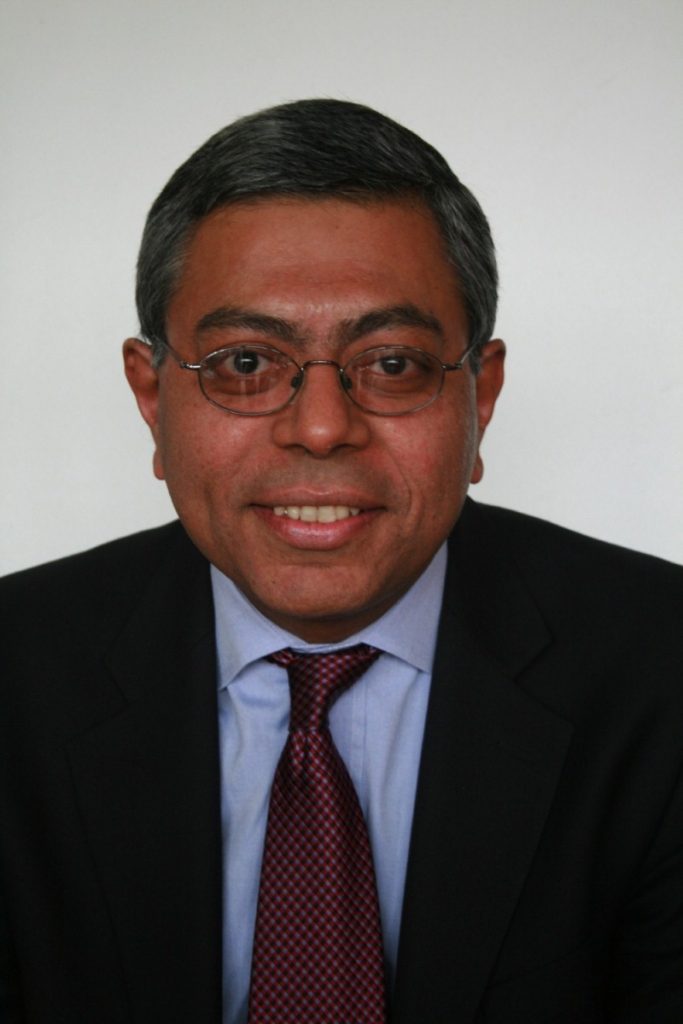Comment: Britain is more corrupt than you think
The phone-hacking scandal has shown how complacent we are about corruption. Now is the time for zero tolerance.
By Chandrashekhar Krishnan
The announcement that the News of the World will no longer be in circulation beyond Sunday has come after a string of revelations about the paper's unethical practices in search of a good story.
As the phone hacking scandal escalates, more and more evidence is emerging highlighting undercurrents of corruption that are embedded in our media, police, and political institutions. The relationship between media ownership and the UK political establishment has come under particular scrutiny over the past few days.


When you take all of the revelations of recent weeks together, a disturbing pattern emerges of a lack of transparency and accountability, the abuse of entrusted power, and weak checks and balance.
It can be no surprise that politicians are tempted to court the favour of a powerful media empire. The News International website claims that one in four Sunday shoppers has read the News of the World and that there are only three TV shows in Britain that get a daily audience bigger than The Sun's. The influence of powerful media magnates is undeniable, and there lies the problem. If a company controls a large portion of the UK media circulation, it is inevitable that many with political influence will try to ensure they keep in its favour or avoid its displeasure.
Although it can be easy to tar everyone with the same brush and grow cynical about all who work in these sectors, it is important to remember that there are countless politicians, police officers and journalists who work hard to expose corruption and uphold integrity. It is unfortunate that those who use their positions of influence to act unscrupulously are tarnishing the good reputation of the system as a whole – the police, politics, parliament and the media.
Our recent report, Corruption in the UK, reveals that although not endemic, corruption is a bigger problem in the UK than widely recognised and there is an inadequate response to its growing threat. The recent allegations that Metropolitan Police officers accepted bribes from journalists, in exchange for confidential information, have further highlighted the vulnerability to corruption in some of the UK's key institutions.
The phone hacking scandal now leaves no room for denying the fact that the UK has a corruption problem. It may not be as widespread as some countries where the problem is entrenched, but any level of corruption in our public institutions is too much. There must be zero tolerance. Most importantly, the government needs to take corruption more seriously. Ironically, it has appointed an 'overseas anti-corruption champion'. Who oversees the fight against corruption within the UK? Actually, nobody does. Even worse, some of the oversight structures that are safeguards against corruption, such as the Audit Commission, are being hastily dismantled with no real thought as to the consequences.
Interestingly, the new Bribery Act, which has just come into force, contains severe penalties for those who give or receive bribes, companies that fail to prevent bribery, and senior officers of companies who consent to it, or turn a blind eye. It is a badly-needed law – not just for UK companies operating overseas, but for those that pay bribes in the UK and senior executives who allow it to happen. There should be no place in the UK for a culture of impunity, in which powerful people or organisations involved in corruption do not face the consequences of their actions.
This scandal has shown that, unless it is rooted out swiftly, corruption will increasingly threaten key pillars of the UK's society and democracy. What we need is strong, clear and coordinated leadership from the government and parliament. Complacency is not an option.
Chandrashekhar Krishnan, is executive director of Transparency International UK, which is part of the world's leading anti corruption organisation.
The opinions in politics.co.uk's Comment and Analysis section are those of the author and are no reflection of the views of the website or its owners.












